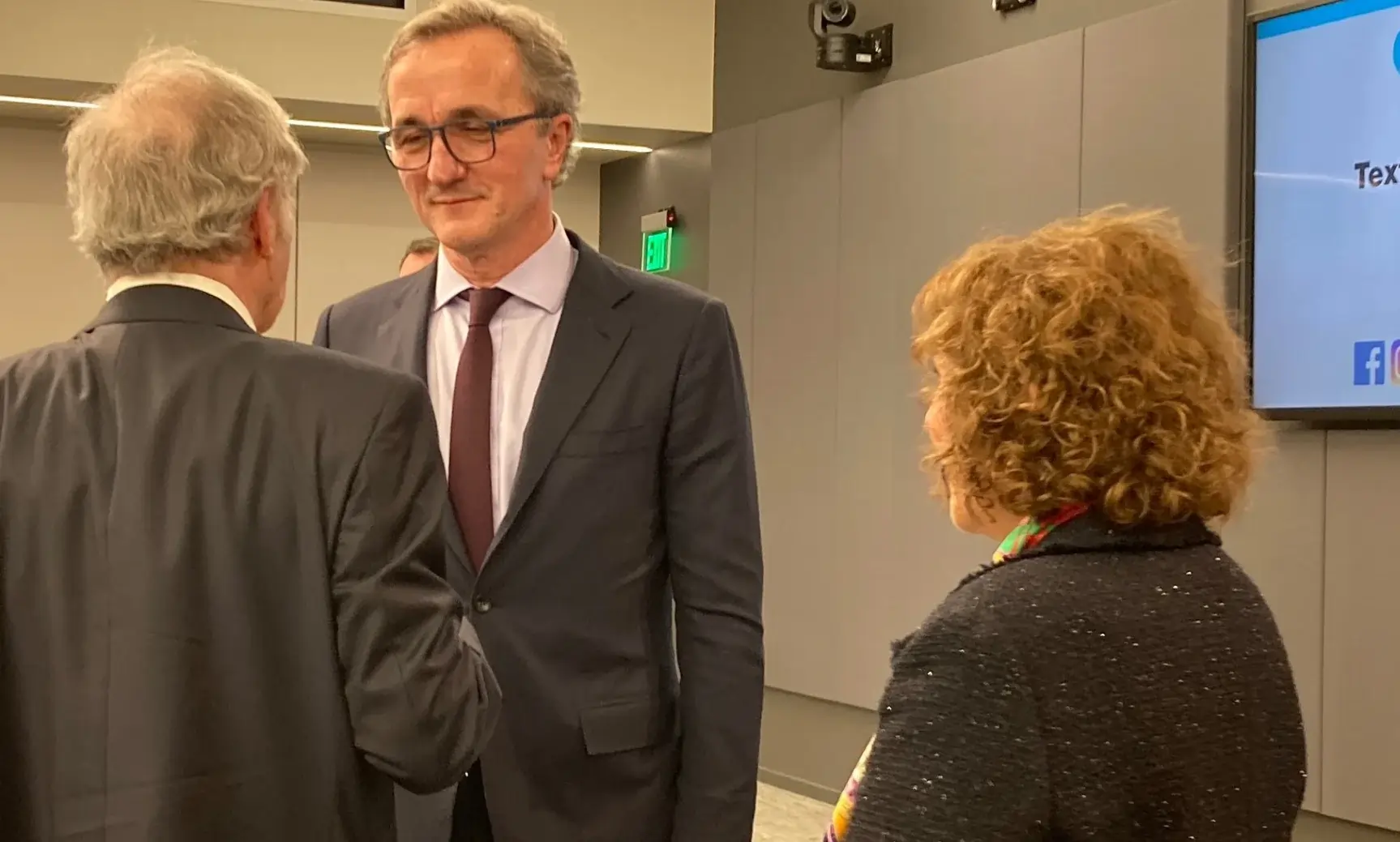

Image Credit: Cleveland
The genialis, a leading RNA biomarker company, has entered a clinical partnership with the Cleveland Clinic, one of the leading academic medical centers, to establish AI-powered tools that will help doctors address the prominent treatment options for pancreatic ductal adenocarcinoma (PDAC) patients. This condition is extreme and a common part of pancreatic cancer. The partnership will accelerate the genialis™ supermodel. It’s a root model seeded from greatest diverse RNA-sequencing datasets to generate predictive biomarker algorithms. These tools focus on contributing highest to clinicians addressing the key therapies for PDAC patients alone, leveraging access to novel drug ideas, and utilizing treatment selection. The partnership will further empower tech-health solutions for severe health conditions.
The PDAC is a lethal and extreme cancer, reporting over 90% or above 50,000 pancreatic cancer deaths yearly in the United States. Apart from the improvement in survival of a few common cancers, the Cancer Research Institute claims that the PDAC 5-year relevant survival rate is still 9%. This rate is the lowest among all cancer types. Cleveland and Genialis will together work on Genialis supermodel predictions testing throughout the vast combinations and therapies in the hospital’s patient-centric organoid center to speedily validate and proceed with forecasted algorithms.
The MD, Director of Novel Cancer Cancer Therapeutics Center, Enterprise Vice Chair, research, Cleveland Clinic Cancer Institute, Wen wee ma, said, “For many clinicians, time is essential. Where standard therapies presence is high, we lack examined biomarkers to address which of the patients will benefit from numerous treatment options. The increasing therapies involving KRAS inhibitors ensure a ray of hope but need accurate patient selection to succeed with meaningful outcomes. We aim to introduce practical data-evident tools into the clinic that help us in selecting the best treatment way for patients who have less effective alternatives.” Dr. Ma will deliver an advisory potency and might get research royalties and funding.
The PhD, CEO of Genialis, Rafael Rosengarten, said, “With our efforts on biomarker algorithms for KRAS inhibitors, Genialis has made a key investment in analysing the drivers of PDAC. Our partnership with the Cleveland Clinic focuses on the extension of the insights to provide excellent tools to patients and doctors to deal with the disease. This is a major step towards personalized data-centric care in the stressed areas of necessity.”